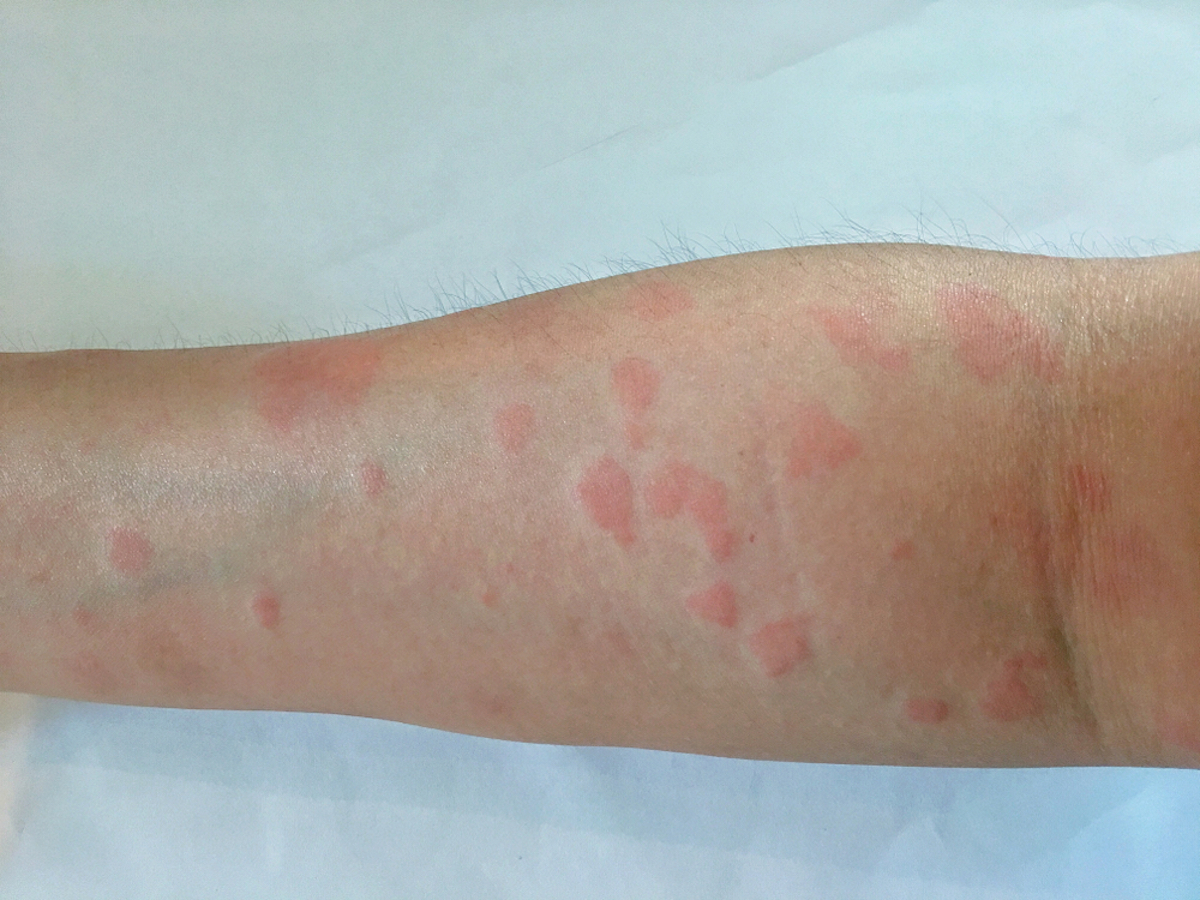Diagnosing Lupus
Diagnosing lupus can be a difficult and long road. As you’ve read on the previous page, it has a lot of symptoms, and a lot of these symptoms overlap with other medical conditions. Please do not be discouraged, because everyone deserves the right diagnosis and treatment. If you suspect that you – or a loved one – are suffering from lupus, talk to your professional healthcare provider. They will listen to your doubts and start testing you.

Often this starts with the question: “Does anyone in your immediate family have lupus?” After interviewing you about your family history and symptoms, they will do some test. These include a blood test and the ANA (antinuclear antibody test). The ANA test looks for antibodies that could be a sign you’re suffering from an autoimmune disease. If you’re suffering from lupus, this test usually comes back positive.
Are There Any Treatment Options?
Once the correct diagnosis is made, a treatment plan is set up. Just as there is no cause for lupus, there is also no cure for the disease. Of course, this does not mean that there are no treatment options. It just means that treatment is focused on treating the symptoms. In addition, several factors are considered before any treatment is started. Factors that are considered include: How old is a person, how severe are the symptoms, what is the overall health and are any (serious) complications already occurring?
After all these factors are gone through, a treatment is set up. Often this mean you have to take medication. Possible medication options include:
- Steroid creams or pills; to treat rashes and internal symptoms
- Hydroxychloroquine; to control skin & joint disease
- Azathioprine; to treat severe symptoms
- Methotrexate; to suppress the immune system
- Cyclophosphamide and mycophenolate mofetil; to reduce the activity of the immunesystem
- Belimumab; to reduce white blood cell activity that make antibodies
- Rituximab; to reduce white blood cell activity that make antibodies
Even though there is no cure for lupus, everyone deserves a treatment plan that suits them and treats the symptoms. That’s why it’s important to do a lot of research on the disease. You can do this by talking to your professional healthcare provider, as well as through online research. We want to help you along, so start your search here:

